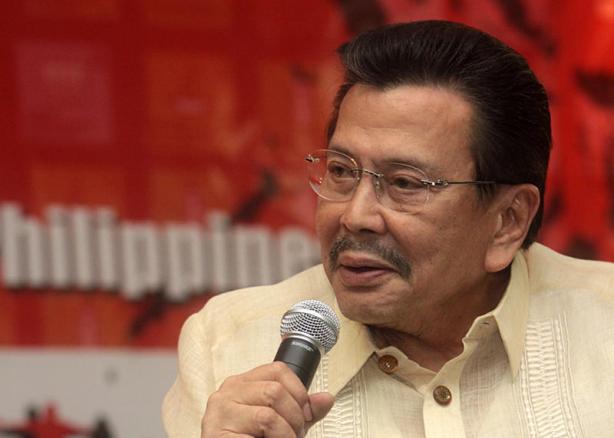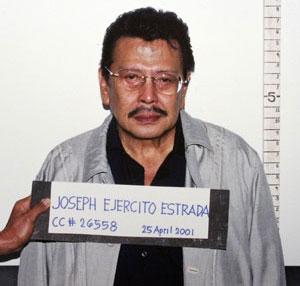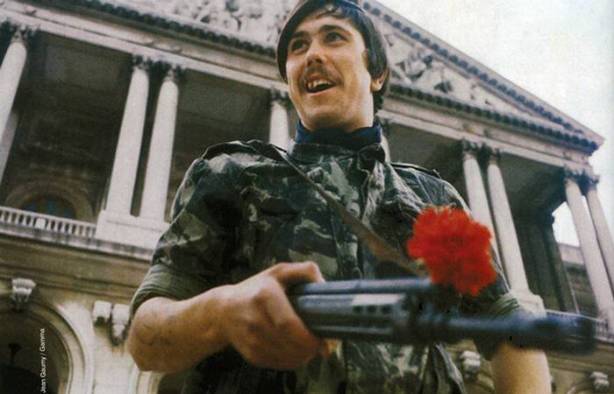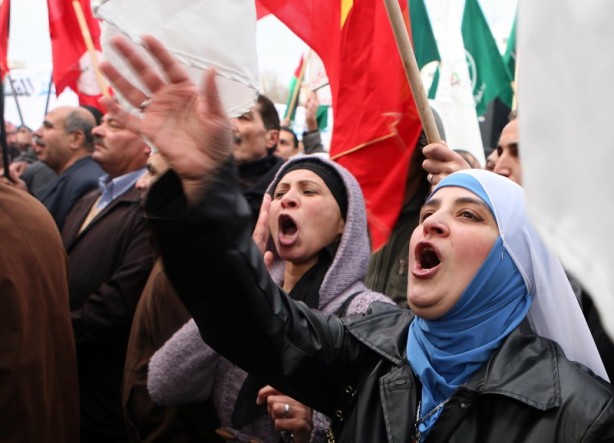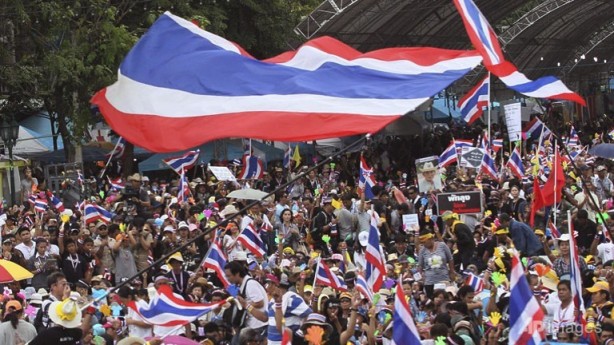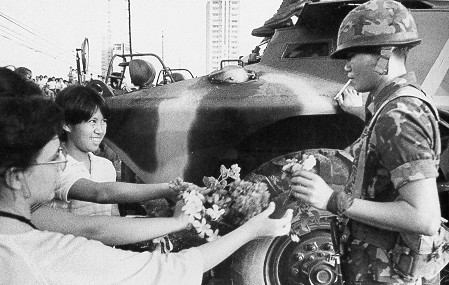I may have written many times earlier about people power, specially people power in the Philippines. Nevertheless, it lends to continuous reflection. All historical events attract attention and are vulnerable to various interpretations and revisions (if you will).
For the first time, the anniversary of People Power 1986 will be commemorated in Cebu City instead of Malacañang (as announced earlier) or even EDSA (Epifanio de los Santos Avenue) where hundreds of thousands of Filipinos cocooned soldiers rebelling against President Ferdinand Marcos. To my mind, it was just right to celebrate in Malacañang–the seat of state power. I can still recall the final night when ordinary people stormed what they thought was the Palace (it was the office of the National Media Production Center in the Palace grounds) and vented their rage on portraits of the dictator and his wife. I was a journalist with the Business Day then and together with colleagues, we were able to enter the inner sanctum with soon-to-be Executive Secretary Joker Arroyo. I remember lusting after cartons upon cartons of new books in Marcos’ study and the smell of urine in his sleeping quarters.
Now that it will be celebrated in Cebu City, it may be seen as a corrective to the imperial Manila-centricity of EDSA (of all three EDSA people power episodes, for that matter). It seems a stretch to say that Cebu City earned the “right” because Tita Cory was there with the nuns when Enrile and Ramos announced their defection in her favor.
Filipinos stood tall after the dictator and his entourage hitched a ride first to Clark Air Base (in Pampanga province) and thence to Hickam Air Base in Hawaii.
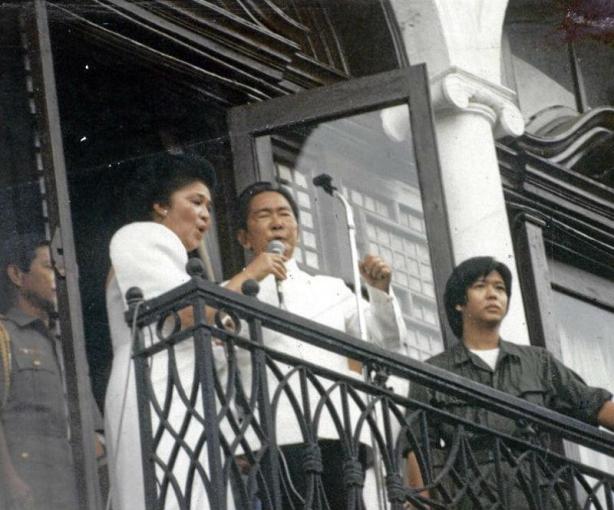
Ferdinand Marcos, Imelda Marcos, and BongBong Marcos (now Senator) at the presidential balcony, morning of February 25, 1986
Yet, 28 years after Marcos fled, the event has apparently lost its resonance and many Filipinos consider it as any other day of the year.
The disappointment is most likely the result of extremely high expectations of EDSA I. February 1986 should be seen as the beginning rather the omega of our quest for a better society. The limitations of EDSA I must be laid bare for all to acknowledge. The economic and political crises that crippled the Philippines after the assassination of former Senator Benigno Aquino Jr. in 1983 convinced politically active Filipinos that the ouster of Ferdinand Marcos was the only solution. For most, there was agreement that it must be accomplished in a non-violent manner, an accord not shared by communist insurgents and the military putschists.
No other consensus was possible within the anti-Marcos ranks. It was not feasible to agree on asset reform, tenure of the US military bases, prosecution of human rights violations, form of government, and other issues. To force a consensus is to surely invite dissension and division and will surely surely weaken the anti-Marcos forces.
In this sense, EDSA I should be seen as necessary but insufficient to effect much needed reforms in our society. It was necessary to break the stranglehold of the Marcoses and their cohort on political and economic power so the basic rules of the ‘game’–the Constitution could be written and adopted freely. Ideally, the Constitution will govern the processes through we resolve our differences and our debates of national issues.
To be sure, EDSA I is a rupture from the political rules. At certain historical junctures, rules get in the way of resolution of political conflict and politics take on an irregular route. In this case, people power. People power episodes, however, are short-lived and unstable. For reason, the default behavior is to redraw rules and return to regular politics.
EDSA II offered a dilemma in that it was so different from EDSA I. President Erap Estrada may be a corrupt president (who must be given his day in court) but he had an unquestionable electoral mandate. He was no over-staying dictator like Marcos. Nevertheless, rules were bent and he was (constructively) deposed by the perfumed set.
What probably broke the proverbial camel’s back was Erap’s humiliating arrest and mug shot aired on national TV. Before the actual arrest and broadcast, I approved of it at the time as an instance of the rule of law. Given the circumstances, however, I was not surprised by EDSA III, “poor people” power of April-May 2001, just a few months from EDSA II. EDSA III was also different in that tens of thousands stormed the Presidential Palace to oust the new President Gloria Macapagal-Arroyo. That the rebellion was crushed at the palace gates is another story.
As things stood, people power was used to change (or restore) leaders in the Philippines. Two episodes succeeded while another failed. Could it be because EDSA III’s agenda was more than a mere change in leadership? In other instances, people power had been associated with sordid grabs for power by unelectable political actors. All episodes inflated the role of the uniformed services in national life.
What next for people power? As we know it?





